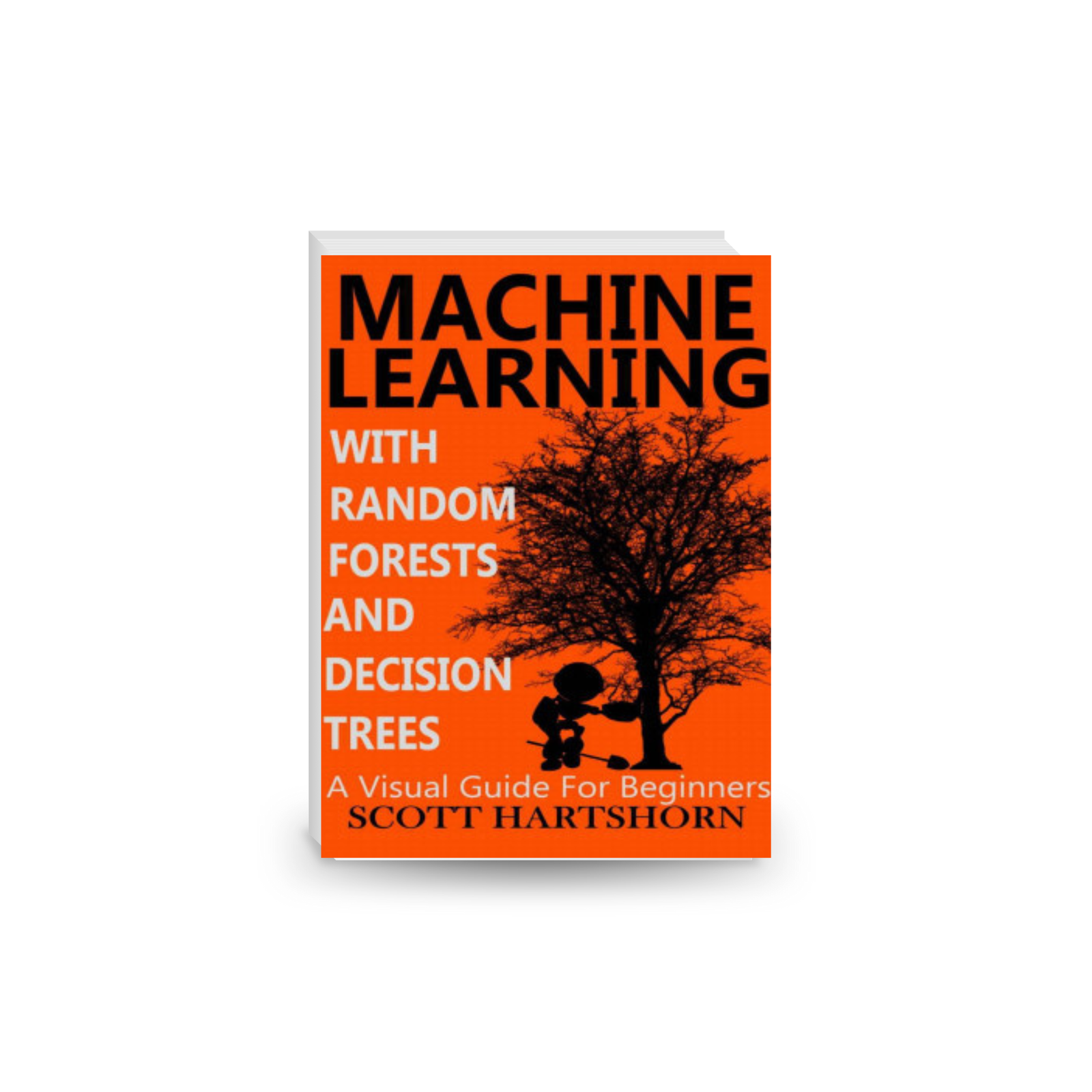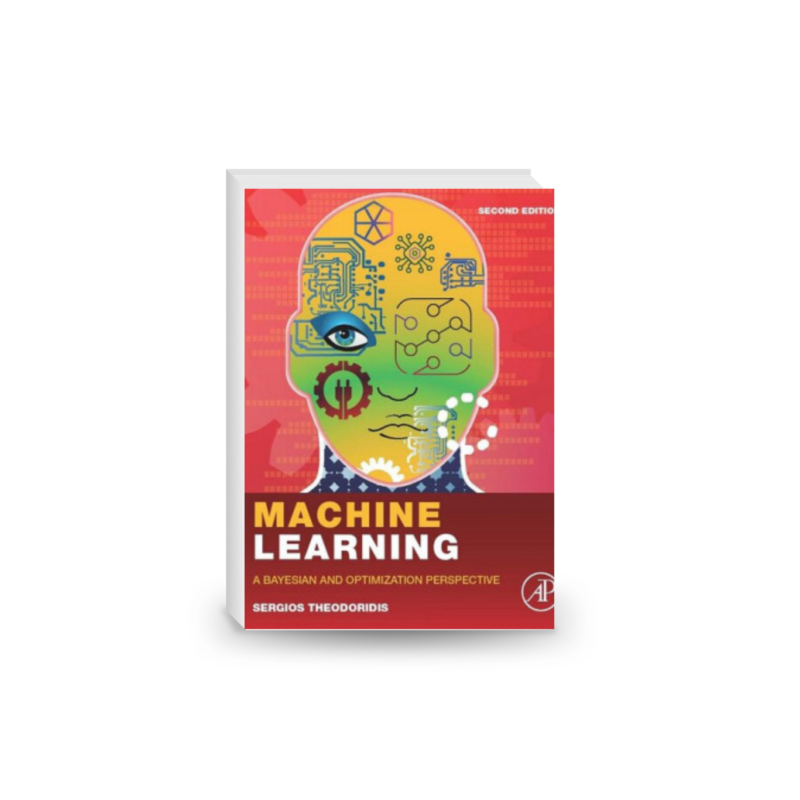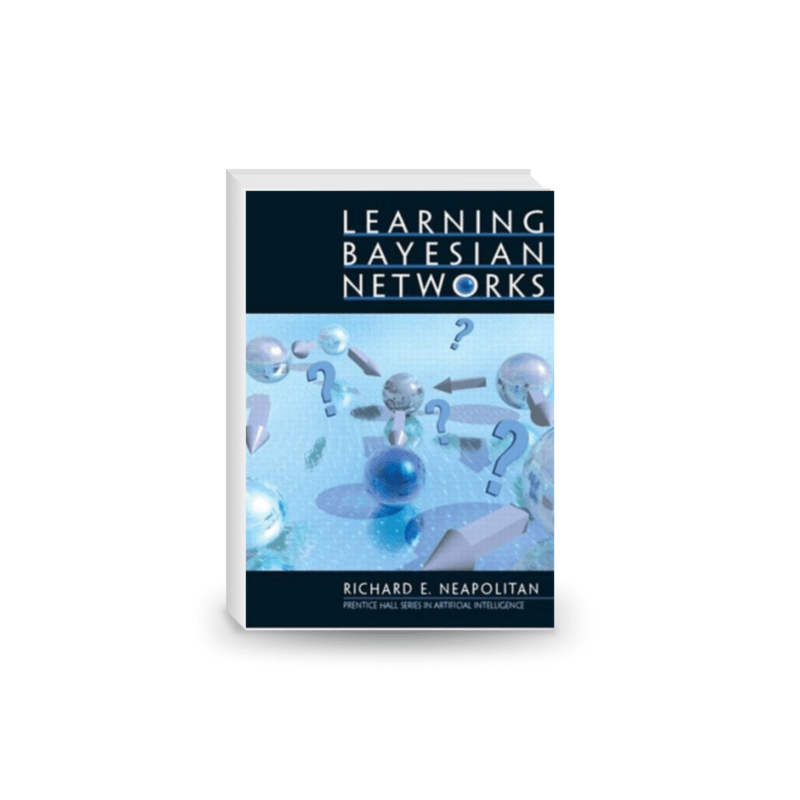Machine Learning With Random Forests And Decision Trees: A Visual Guide For Beginners
Original price was: 14.45$.2.99$Current price is: 2.99$. & Free Shipping
If you are looking for a book to help you understand how the machine learning algorithms “Random Forest” and “Decision Trees” work behind the scenes, then this is a good book for you. Those two algorithms are commonly used in a variety of applications including big data analysis for industry and data analysis competitions like you would find on Kaggle.
Start reading immediately after purchase!
- Satisfaction Guaranteed
- No Hassle Refunds
- Secure Payments
Description
Machine Learning – Made Easy To Understand
If you are looking for a book to help you understand how the machine learning algorithms “Random Forest” and “Decision Trees” work behind the scenes, then this is a good book for you. Those two algorithms are commonly used in a variety of applications including big data analysis for industry and data analysis competitions like you would find on Kaggle.
This book explains how Decision Trees work and how they can be combined into a Random Forest to reduce many of the common problems with decision trees, such as overfitting the training data.
Several Dozen Visual Examples
Equations are great for really understanding every last detail of an algorithm. But to get a basic idea of how something works, in a way that will stick with you 6 months later, nothing beats pictures. This book contains several dozen images which detail things such as how a decision tree picks what splits it will make, how a decision tree can over fit its data, and how multiple decision trees can be combined to form a random forest.
This Is Not A Textbook
Most books, and other information on machine learning, that I have seen fall into one of two categories, they are either textbooks that explain an algorithm in a way similar to “And then the algorithm optimizes this loss function” or they focus entirely on how to set up code to use the algorithm and how to tune the parameters.
This book takes a different approach that is based on providing simple examples of how Decision Trees and Random Forests work, and building on those examples step by step to encompass the more complicated parts of the algorithms. The actual equations behind decision trees and random forests get explained by breaking them down and showing what each part of the equation does, and how it affects the examples in question.






Reviews
There are no reviews yet.